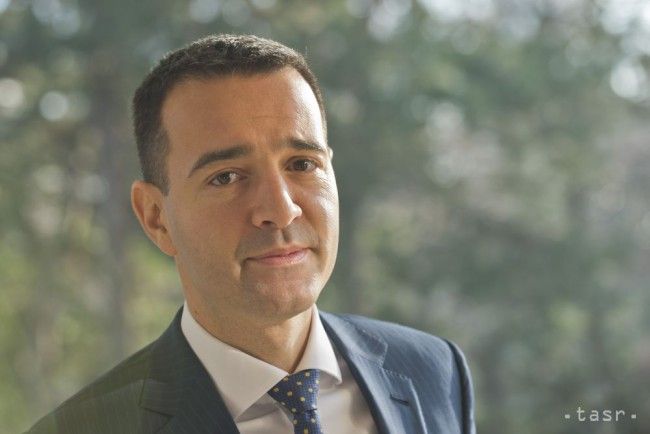Drucker: Slovakia Capable of Providing Further Development of EMA

Bratislava, July 28 (TASR) – Slovakia is able to continue the dynamic development of the European Medicines Agency’s (EMA) drug policy, thinks Health Minister Tomas Drucker (a Smer-SD nominee).
The Health Minister considers the EMA to be an institution that plays an important role in providing support to modern and innovative drugs and believes that “Slovakia could steer its past successes to a prosperous future”.
In the next few months Brussels will address relocating the EMA from London to a different EU-member state in the wake of Brexit. Slovakia has already filed an official request to host the body, and a vote in Brussels is slated to take place in November 2017.
“If this doesn’t work out, we won’t be throwing ourselves on the floor,” Prime Minister Robert Fico recently told journalists in response to information published by Politico magazine, which pointed out that the relocation criteria aren’t favourable towards smaller EU members. The prime minister is confident that the competition to offer headquarters for the agency will be fair and, as such, he’ll respect its result.
When it comes to the headquarters of the EMA, Slovakia would choose Twin City Tower, currently under construction by developer HB Reavis, or West End Plazza built by J&T Real Estate. According to Drucker, Bratislava enjoys a strategic location close to large European cities such as Vienna, Budapest and Prague, thus offering logistics advantages to EMA.
“The capital city also offers a broad spectrum of job opportunities, there’s a great number of branches of renowned international companies,” wrote Drucker in a letter to other EU health ministers. EMA employees could also take advantage of “a broad range of education options for both children and adults, including a large number of international schools”.
A decentralised EU body, the EMA is tasked with approving new drugs and carrying out continuous oversight over drug safety. It also plays an important role in supporting innovations and research in the pharmaceutical industry. It currently provides employment to 900 highly qualified experts from across Europe.



